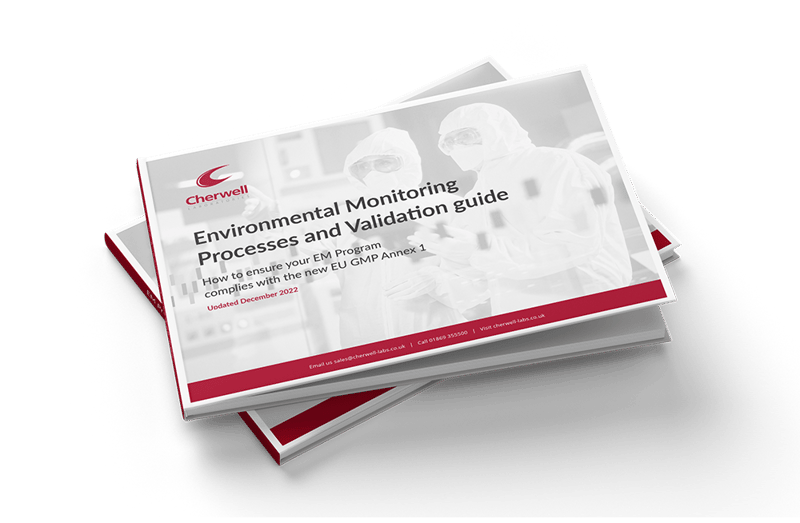Any businesses requiring various types of agar plates for successful testing and microbial growth activities need to know two things: that all agar plates are guaranteed to be of high quality and offer reliable results; and that confidence in your supplier is rooted in provable standards, certifications and validated processes.
It goes without saying that researching potential suppliers is essential. But where do you start with understanding what a good supplier looks like?
Sourcing agar plates and other prepared media is too important to cut corners when researching companies with which you’re thinking of engaging. There are many factors to consider, from their processes of media manufacture, storage conditions for different batches of media and transportation. Included in that is their depth of technical knowledge and the kind of relationship you can expect to nurture.
Nobody likes nasty surprises and once you have signed a contract, it is too late to go back and be more thorough with your research. So, we have compiled a list of key questions to help you tailor your own search criteria and define the best supplier for you.
Best practice tips before you start
- Aim to narrow your field of search quickly to eliminate bad fit suppliers and focus on potential good fits
- Write a ‘wish list’ of qualities you would most like to experience in your ideal supplier eg; good customer service, responsive to your requests or concerns, able to offer a certain amount of flexibility in their service to you
- Rather than asking open-ended questions, be as specific as possible to minimise the process time scale
- Be clear about your own business needs, how frequently you require deliveries etc. Suppliers can’t give you an honest idea of prices and service levels if you’re fuzzy about what you need
Once you have your own criteria mapped out, it is time to put together your list of questions for your shortlisted potential suppliers. These should always include the following:
What is their quality control system for guaranteed media reliability?
You must ascertain if the supplier you are investigating can provide you with reliable quality control certifications for both their products and processes. Any good supplier will have a quality management system which has been assessed against ISO9001 to provide the foundation that creates consistency within the product.
What technical knowledge of cleanroom procedure do they possess?
Your chosen supplier must show they have the requisite technical knowledge to remain abreast of all the cleanroom protocol and regulations, and those relating to the broader pharmaceutical industry. Staff involved in the manufacturing, storage and packaging process must have a proven level of cleanroom technical knowledge. This knowledge should ensure their methods support certification of the quality of the end product, including extensive knowledge of microbiology and testing processes.
Are they willing to go the extra mile to meet your needs?
As the customer, your unique needs are paramount and choosing a supplier who cannot tend to those needs fully will only leave you frustrated. At worst, you may potentially lose business if there is a break in your supply chain.
If you have followed the best practice guidelines above, you will already have defined your specific business needs, allowing you to be completely transparent with your shortlisted suppliers. It is critical that you lay your cards on the table to avoid any difficulties later. Will you sometimes require bespoke solutions, for instance? When you do, how urgently do you usually require them? Will it be possible for this supplier to be flexible and meet those very specific requirements as they arise?
Can they display a proven track record?
Find out if the supplier you are considering can prove a good track record of customer service, expertise and capabilities.
They may have a collection of testimonials or case studies they can share with you. However, the industry tends to shy away from any media so don’t be concerned by the simple absence of client materials. If this is the case, consider the supplier’s history. How long have they been in business? How vocal are they online or in the industry press about current topics and the latest legislation? Do they interact with their customers openly on social media or does their absence make them conspicuous?
Take a tour of their facilities and meet the team
There is nothing like a personal meeting to really get a feel for a supplier. You will learn a great deal from visiting their microbiology laboratory, watching their processes as they are performed, seeing their certifications on the wall and talking to staff from all levels of the business. Needless to say, if a supplier is reluctant to show you their manufacturing premises, alarm bells should ring straight away.
If you would like to know more about choosing a prepared media supplier, please download our eBook The Pharmaceutical and Cleanroom Industry’s Pocket Guide to Prepared Culture Media. Alternatively, feel free to contact us with any queries, or to arrange a meeting to discuss your needs. We are on standby for your call.







